JSCh
ELITE MEMBER

- Joined
- Jun 9, 2011
- Messages
- 13,235
- Reaction score
- 2
- Country
- Location
Third cruise liner to sail in South China Sea
Xinhua 2016-12-26 19:39:33

A file photo of cruise ship "Changle Princess" [Photo: Chinanews.com]
A Chinese company will soon add another cruise ship to sail around the Xisha islands in the South China Sea, bringing the number of regular cruise ships in the region to three.
The Changle Princess, a 126.6-meter-long, 20.5-meter-wide cruise liner, will begin its maiden tour in March 2017. It is built to carry a maximum of 1,000 people and features bars, dance floors, cafes, tea rooms, shops, and reading rooms. The ship can ferry private cars for tourists who want to drive on the islands, according to operator Hainan Strait Shipping Co., Ltd.
The ship will depart from the city of Sanya in Hainan and make a loop around the islands in Xisha. A typical four-night package will take tourists to the beaches on Yinyu, Quanfu, and Yagong islands, and activities such as diving, fishing, and photography will be available.
Hainan Strait Shipping Co. Ltd. launched the first tourist cruise ship in 2013. It has set sail 121 times, carrying a total of 23,000 tourists. Another company, Nanhai Cruises Company, says it will start operating a second cruise liner, the Nanhai Zhi Meng, later this month.
All three will sail the same route.
The Xisha Islands are a cluster of islets, sandbanks and reefs in the South China Sea. China established the municipality of Sansha in the region in 2012, with its government office on Yongxing island. The municipal government plans to make tourism Sansha's main industry, taking advantage of the area's pristine white sand beaches and breathtaking ocean views.
Xinhua 2016-12-26 19:39:33

A file photo of cruise ship "Changle Princess" [Photo: Chinanews.com]
A Chinese company will soon add another cruise ship to sail around the Xisha islands in the South China Sea, bringing the number of regular cruise ships in the region to three.
The Changle Princess, a 126.6-meter-long, 20.5-meter-wide cruise liner, will begin its maiden tour in March 2017. It is built to carry a maximum of 1,000 people and features bars, dance floors, cafes, tea rooms, shops, and reading rooms. The ship can ferry private cars for tourists who want to drive on the islands, according to operator Hainan Strait Shipping Co., Ltd.
The ship will depart from the city of Sanya in Hainan and make a loop around the islands in Xisha. A typical four-night package will take tourists to the beaches on Yinyu, Quanfu, and Yagong islands, and activities such as diving, fishing, and photography will be available.
Hainan Strait Shipping Co. Ltd. launched the first tourist cruise ship in 2013. It has set sail 121 times, carrying a total of 23,000 tourists. Another company, Nanhai Cruises Company, says it will start operating a second cruise liner, the Nanhai Zhi Meng, later this month.
All three will sail the same route.
The Xisha Islands are a cluster of islets, sandbanks and reefs in the South China Sea. China established the municipality of Sansha in the region in 2012, with its government office on Yongxing island. The municipal government plans to make tourism Sansha's main industry, taking advantage of the area's pristine white sand beaches and breathtaking ocean views.

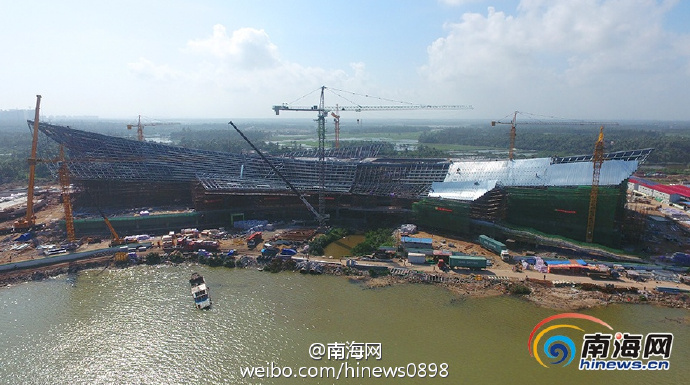
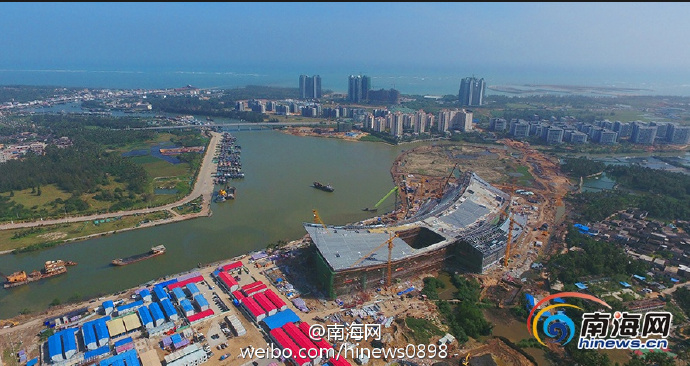
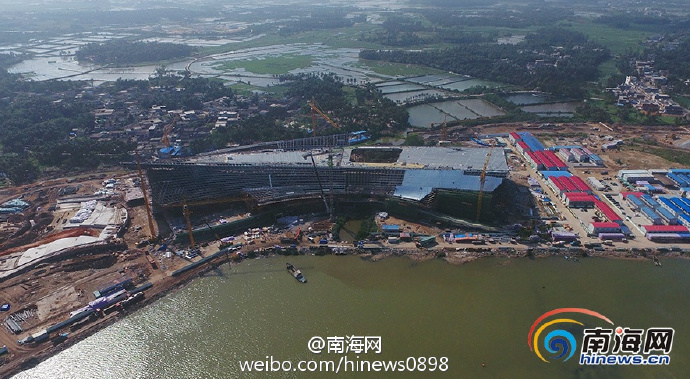

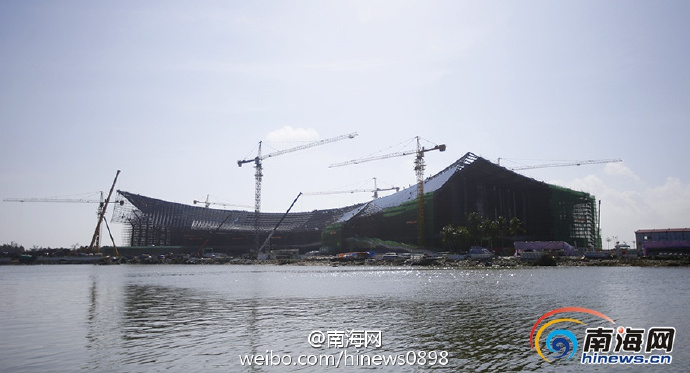

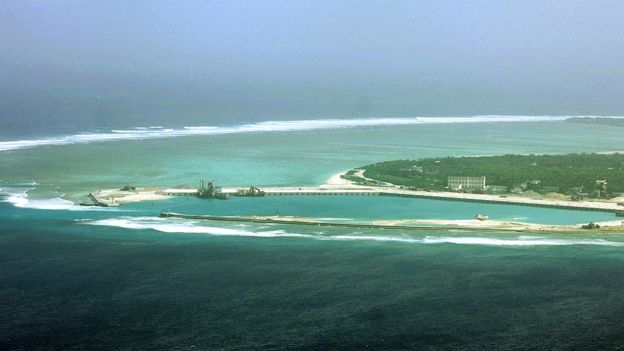
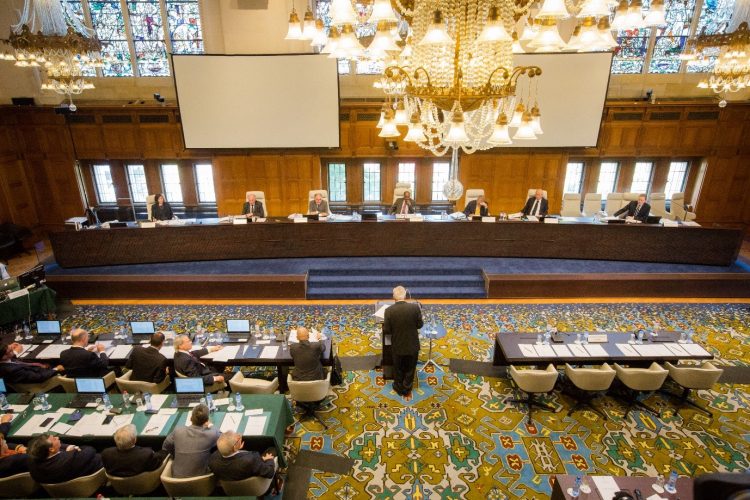
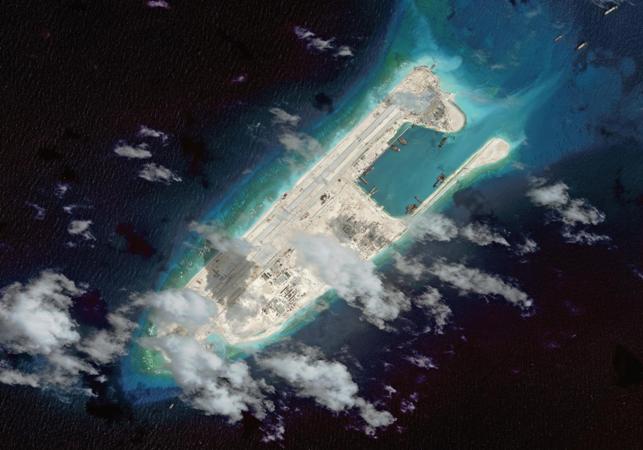
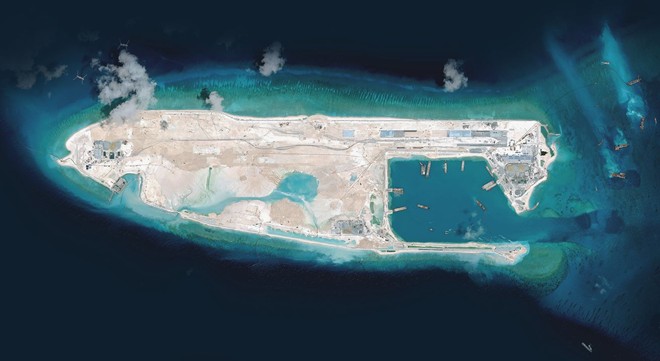
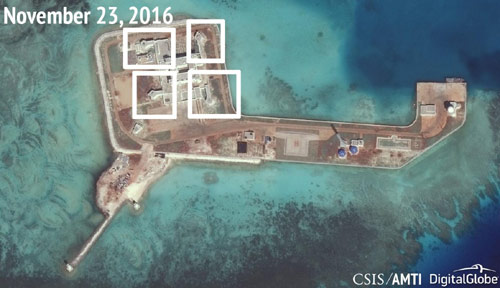





 But somewhere deep in his mind he knows China is and will always be the big boss of Asia. I can smell the fear in him from miles away, it's boring watching him trying to present Vietcongs as fearless fighting machine but not stupid enough to attack or wage war against China image here all the time. "We are brave but not stupid"
But somewhere deep in his mind he knows China is and will always be the big boss of Asia. I can smell the fear in him from miles away, it's boring watching him trying to present Vietcongs as fearless fighting machine but not stupid enough to attack or wage war against China image here all the time. "We are brave but not stupid" 

